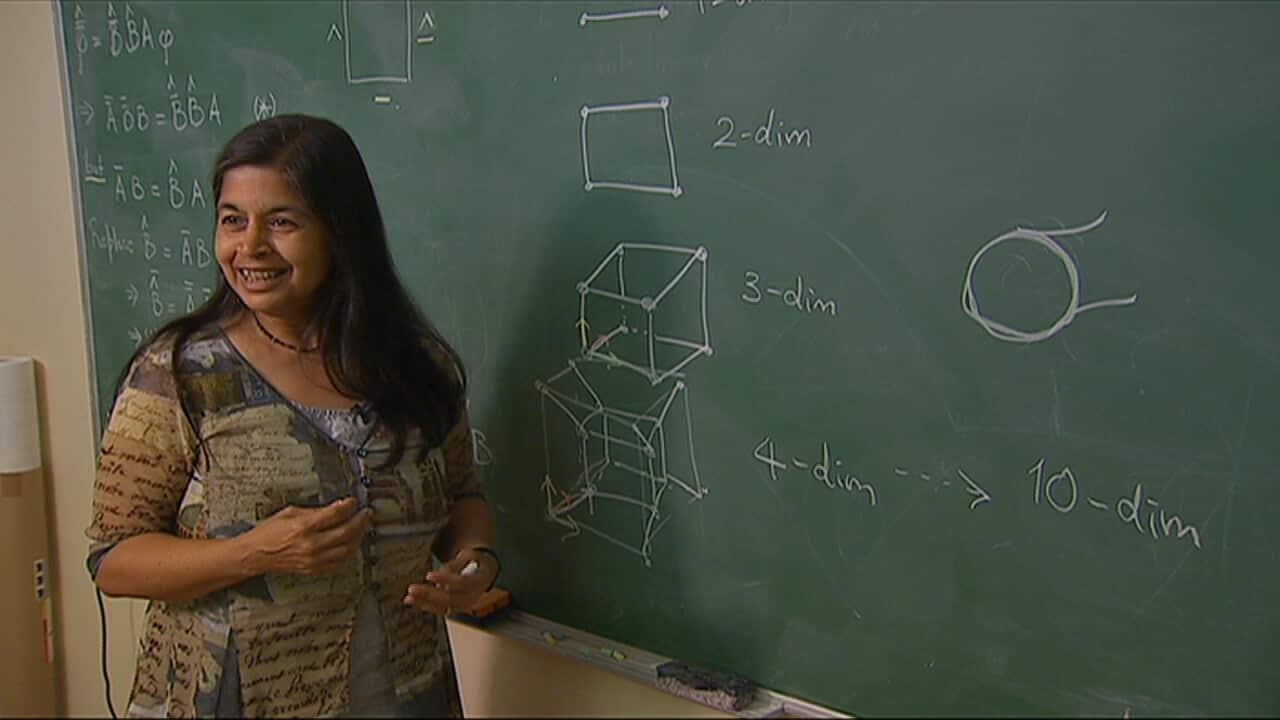Citizenship processes are different across the world, here's how Australia compares.
Australia
New migrants need to live in Australia for at least four years before they are eligible to apply for citizenship.
They must also pass a citizenship test. The pass rate is 75 per cent. It judges English proficiency as well as general knowledge about Australian history and the political system.
Migrants must also meet certain eligibility requirements including whether they are of “good character”.
The cost is around $285 but permanent residency is required first, which costs $3,060 for a single application.
United Kingdom
The UK model is similar to the one in Australia.
Migrants must spend at least five years living in the UK before they can apply for citizenship.
They must prove they are of “good character” and they cannot apply if they have a serious or recent criminal record.
Applications cost around £1236 per person, the equivalent of more than $2000 Australian.
Migrants must also prove their knowledge of English unless they are 65 or older, or have a long-term physical or mental condition.
There is also a 'Life in the UK' test that must be completed as part of the application process, which costs £50. Migrants have 45 minutes to answer 24 questions about British traditions and customs.
Canada
Canada also tests migrants if they are between 14 and 64 years of age. They are tested for their knowledge of the nation's history, electoral system, values and institutions.
There is a written exam and an interview with a citizenship officer, which includes questions about:
- the rights, freedoms and responsibilities of Canadian citizens
- Canada’s democracy and ways to take part in Canadian society
- Canadian political and military history (including the political system, monarchy and branches of government)
- Canadian social and cultural history and symbols
- Canadian physical and political geography.
Migrants must also prove they can speak and write in at least one of the country’s two official languages, English or French. This includes:
- Taking part in everyday conversations about common topics
- Understanding simple instructions, questions and directions
- Using basic grammar, simple structures and tenses
- Showing they know enough common words and phrases to answer questions and express themselves
Migrants can start the application process after they have lived in Canada for at least four years and it costs around C$500 per application.
The Netherlands
The citizenship process for migrants in the Netherlands can take about a year to complete. They are only eligible after living in the country for at least five years.
Migrants need to be able to prove they have sufficiently integrated into Dutch society, which includes being able to read, write, speak and understand Dutch.
According to Australian National University senior lecturer Linda Kirk, the Netherlands has one of the more controversial citizenship tests in the world, which includes questions on social norms and cultural understandings.
“In the Netherlands they have probably one of the strictest tests and one of the most broad-ranging. They're asking questions about peoples' understanding of the divorce laws for example, even questions about peoples' appreciation of whether or not same sex couples can live together,” she told SBS News.
Migrants are also required to renounce any other foreign citizenship.
A single application costs around €855.
Austria
Austrian citizenship is one of the hardest to gain.
Migrants can wait up to 30 years before they are eligible. They also need to renounce any other foreign citizenship.
They must prove they have successfully integrated into Austrian society with sufficient knowledge of the German language, and of Austrian history and current affairs.
Migrants are also asked to prove that they have a secure income and no criminal record.
China
China makes it virtually impossible for foreigners to gain citizenship, even for those who have married a Chinese citizen.
By Chinese law, foreigners can apply if they have close relatives in China, have settled in the country or have other legitimate reasons for citizenship. However, what is 'legitimate' is still quite vague.
The country does not allow dual citizenship so any other foreign citizenship must be renounced in the process.
Dominican republic
The Dominican Republic offers citizenship to foreigners in as little as six months if they invest at least US$175,000 on government projects or US$200,000 on real estate.
They are not required to renounce their existing citizenship.
There are no language or education requirements but applicants must have a clean criminal record and be in good health.














